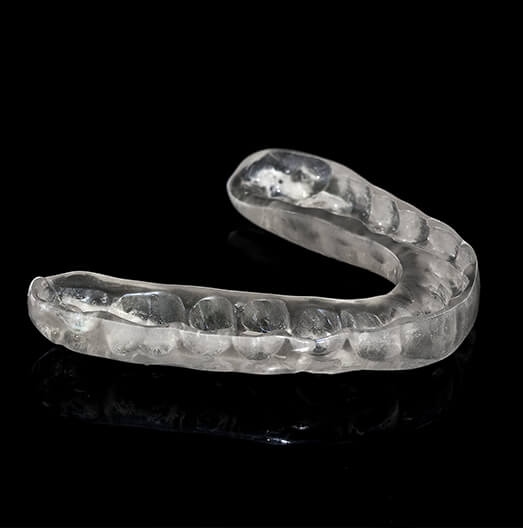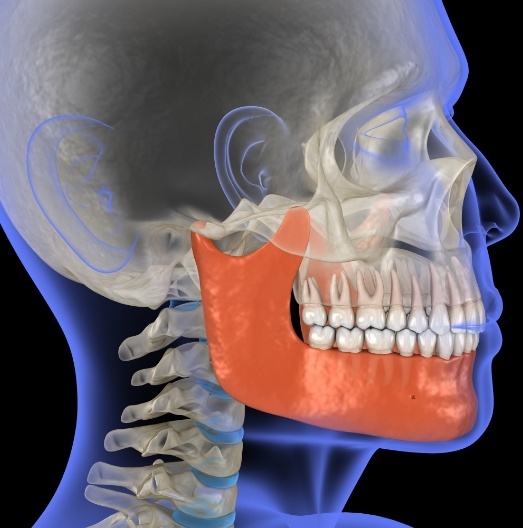TMJ Treatment – Northbrook, IL
Stop Your Chronic Jaw Pain

You have one temporomandibular joint – or TMJ – on either side of your head. The TMJs, or jaw joints, keep your lower jaw connected to the rest of your skull and allow you to make the necessary jaw movements for eating and speaking. If there’s any kind of problem with your TMJs, you might start to experience constant pain, and you might even have trouble moving your mouth. If you schedule an appointment at Northbrook Dental Group, Dr. James Woodruff and Dr. Justin Woodruff can help diagnose your TMJ disorder and figure out a way to stop your pain with customized TMJ treatment in Northbrook.
Why Choose Northbrook Dental Group for TMJ Treatment?
- Family Dental Practice Open to All Ages
- Knowledgeable Father-Son Dental Team
- Fully Personalized Oral Appliances
TMJ Diagnosis & Treatment

There are several symptoms that can point to a TMJ disorder: pain and tenderness of the jaw, aching in and around your ear, difficulty or pain while chewing, and locking of the joint. We encourage you to visit our dental office if you have any of these symptoms. We’ll examine your jaw to figure out the nature of the problem, and we can suggest several different TMJ treatments depending on the underlying issue.
Occlusal Splints

TMJ disorder can often be treated noninvasively with the help of an occlusal splint, which is an oral appliance used to protect the teeth from bruxism. Constant grinding of the teeth is a major risk factor for a TMJ disorder. By using an occlusal splint to keep your upper and lower arches of teeth separated, we can protect your mouth and your jaw from the effects of bruxism. Doing so will help reduce your TMJ symptoms so that you can return to a pain-free lifestyle.
Occlusal Adjustments

A misaligned bite is a common cause of TMJ problems. Oftentimes, the problem can be corrected with a quick occlusal adjustment. This is a simple procedure where we slightly reshape the teeth so that they fit together properly and create a more harmonious bite. This makes it so that the forces of biting and chewing are more evenly distributed throughout your mouth, taking a considerable amount of pressure off your TMJ so that it can recover.
